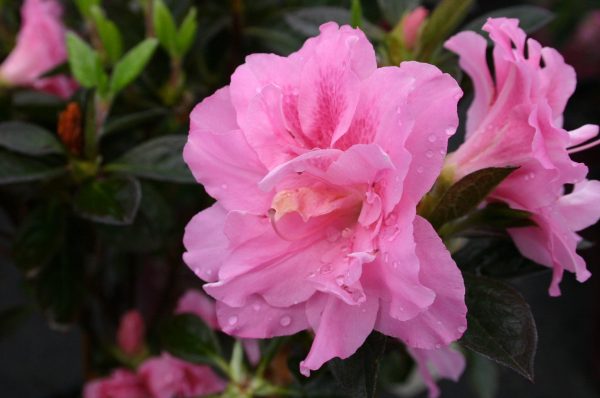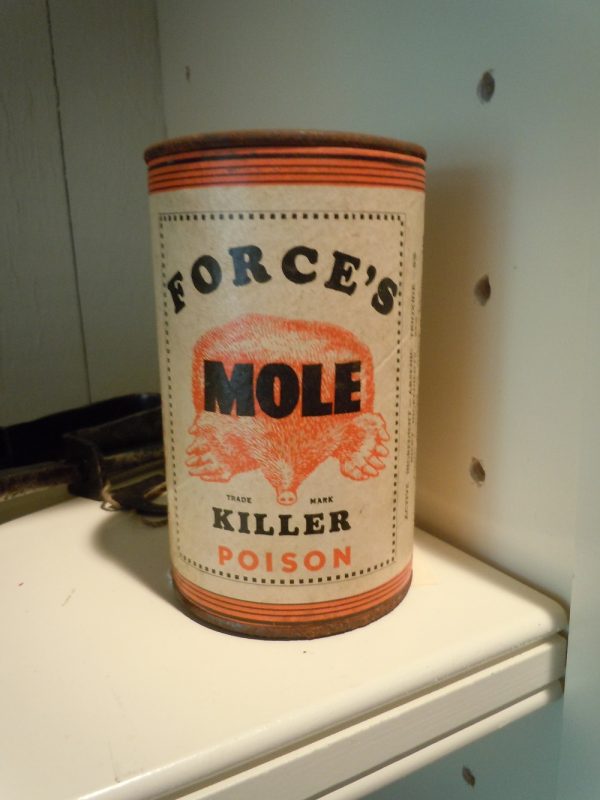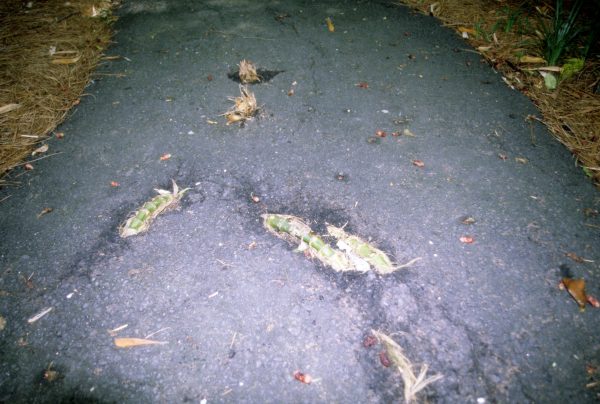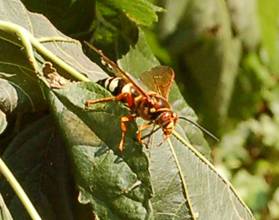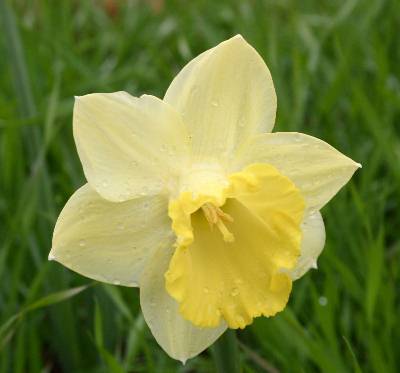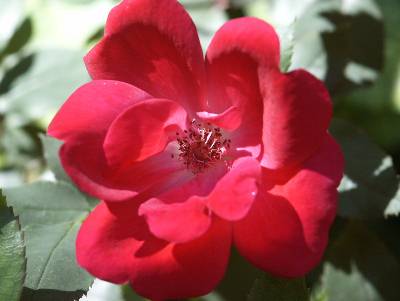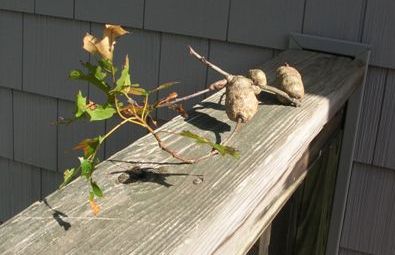Buzzards (Vultures) – Control
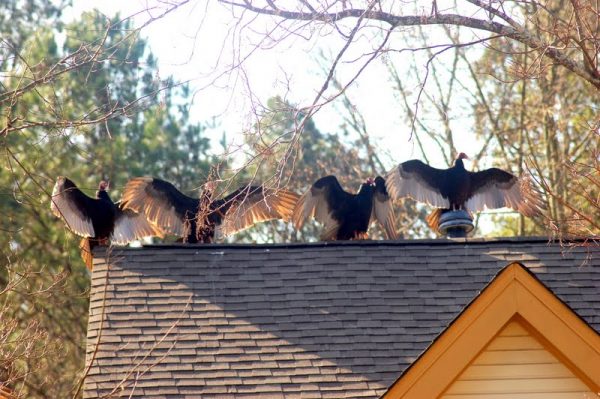
Q: How can I encourage buzzards to move away from their roosting site? It is a very large flock. They have been there at least 3 years. The problem is that they smell bad & leave a mess on the ground.
A: 1. The DNR suggests that you use a starter’s pistol and shoot it off when you see them beginning to roost for the night or day. You can check the pistol out from the local DNR, but you will also need to let the neighbors know that there will be noises that sound like gunshots during the day until they find another place to roost. (But why do this when bottle rockets are legal?)
2. The Turkey Vulture Society (yes, there is one) has some suggestions.
3. Here is a useful publication from USDA APHIS.
4. Generally this situation is referred to Ga DNR Wildlife Resources office or USDA Wildlife Services in Athens (706-564-5637)
Buzzards use an excellent sense of smell to find their food. They roost in groups, usually in large trees away from humans and noisy animals. They spend most of the day soaring. In rural areas, they watch other buzzards and follow them to the ground if their friends find a delectable deceased deer in a clearing.
A group of vultures is called a committee, venue, or volt. In flight, a flock of vultures is a kettle, and when the birds are feeding together at a carcass, the group is called a wake.
See:
Bird Busters
And what’s the difference between a buzzard and a vulture? One online source says “In North America, a vulture is a vulture, a buzzard is a vulture, and a hawk is a hawk. In the rest of the world, a vulture is a vulture, a buzzard is a hawk, and a hawk is sometimes a buzzard, though there are still other birds with the name hawk that would not be called buzzards.
Now you know.
—————————–
In defense of the birds, Alice K. writes:
We love our migrating buzzards! It is so much fun to stand on our deck on a cold windy evening and be part of the “kettle” of vultures as they play on the wind. Vultures are terrible at landing however. It sounds as if whole limbs are being knocked out of trees by the large birds trying to arrange themselves to their liking. As the months progress, some nights they don’t come in and eventually they cease to come in, then usually toward the next migration back north, buzzards straggle back in. On really cold mornings you see two or 3 who sleep until nearly noon. I always wonder about them – are they the old ones? And then, suddenly, they are gone until next year.
We have had neighbors and their children who drive by our home following the buzzards.Some have stopped to watch them from our deck. Visiting relatives seem to get a thrill out of the big birds antics. We even went out to see if we find what they had thrown up thinking it might be like owl pellets (with plastic gloves and bags of course) but found nothing.We are buzzard fans.

black vulture (note black head)

turkey vulture (note red head) This stance is called the “horaltic pose“



